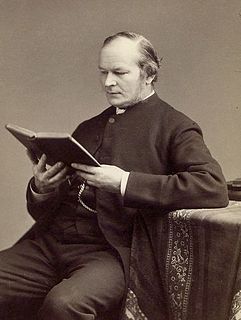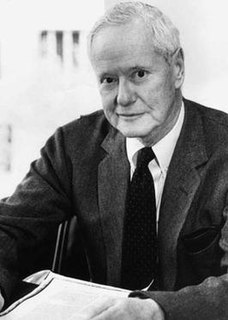A Quote by Ben Stein
Emperor Sid Caesar is gone to eternity himself now. He takes with him the gratitude of every one of us who first learned the relief of laughter from this genuinely great performer.
Related Quotes
He who remembers the evils he has undergone, and those that have threatened him, and the slight causes that have changed him from one state to another, prepares himself in that way for future changes and for recognizing his condition. The life of Caesar has no more to show us than our own; an emperor's or an ordinary man's, it is still a life subject to all human accidents.
A prayerful life is the key to possessing gratitude. We often take for granted the people who most deserve our gratitude. Let us not wait until it is too late for us to express our gratitude. Feeling gratitude and not expressing it is like wrapping a present and not giving it. If I gratitude be numbered among the serious sins, then gratitude takes its place among the noblest of virtues. To express gratitude is gracious and honorable, to enact gratitude is generous and noble, but to live with gratitude ever in our hearts is to touch heaven.
Great is God our Lord, great is His power and there is no end to His wisdom. Praise Him you heavens, glorify Him, sun and moon and you planets. For out of Him and through Him, and in Him are all things..... We know, oh, so little. To Him be the praise, the honor and the glory from eternity to eternity.
What we do with Him now, we will be for all eternity. In His eternity He came to die our death and give us His eternity. His eternity requires no sun or moon or seasons or days. His is an eternal day without time. He is the Light. He is the source of all our needs. In Him is no darkness. As we have the light of the sun, we can also have the light of the Son. One provides for the natural, One for the spiritual.
These criminals represent us. One of them recognized Jesus for who he was and received him; Jesus promised that when he died he would be in heaven with him. The other man rejected Jesus and closed his heart. Unlike the first criminal, when he died he didn't go to heaven. He went to hell. In that sense, these two men on either side of Jesus are just like every person. We either embrace Christ as our Savior and spend eternity with him, or we reject him and say, 'I don't believe it. I'll have nothing to do with.' And these people spend eternity separated from him.
The attitude of gratitude is yoga. Ingratitude is "unyoga," like "uncola." Where gratitude is, there is yoga. Where there is ingratitude, yoga is gone. That mind which does not live in gratitude is just like a junkyard. There are great cars there, but they don't work; they are useless, because they are junk. What are you without gratitude?
Max Weber was right in subscribing to the view that one need not be Caesar in order to understand Caesar. But there is a temptation for us theoretical sociologists to act sometimes as though it is not necessary even to study Caesar in order to understand him. Yet we know that the interplay of theory and research makes both for understanding of the specific case and expansion of the general rule.
The stigmatized individual is asked to act so as to imply neither that his burden is heavy nor that bearing it has made him different from us; at the same time he must keep himself at that remove from us which assures our painlessly being able to confirm this belief about him. Put differently, he is advised to reciprocate naturally with an acceptance of himself and us, an acceptance of him that we have not quite extended to him in the first place. A PHANTOM ACCEPTANCE is thus allowed to provide the base for a PHANTOM NORMALCY.


































